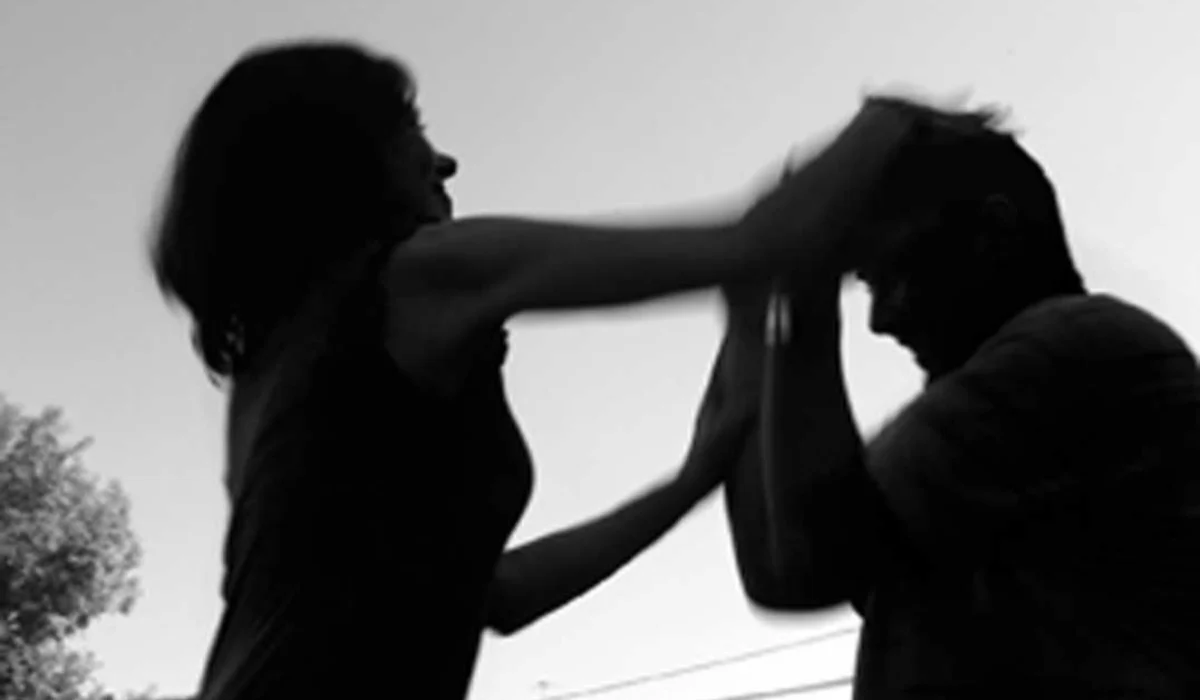In the last three weeks, 26 cases of dengue were identified and 501 were of chikungunya and, for the first time, triples the number of accumulated cases of dengue in the country.
The weekly Health Surveillance report shows that the virus chikungunya continues to register the largest number of affected so far in this epidemiological period, observing a atypical and exponential growth of infection in relation to dengue.
To date they are counted 1,082 accumulated cases of chikungunya and 341 infected by denguewhose circulating serotypes are two: the most prevalent DEN-1, followed by DEN-2.
Related Topic: Health issues alert to threat and national spread of chikungunya
However, notifications of suspected dengue cases have increased.
In the last three weeks, the average notifications of suspicion of dengue amounts to 1,036, of which, only 26 are cases of the disease; while chikungunya notifications are 533, of this, 501 are cases of chikungunya infection.
On the last three weeks dengue cases were registered in Central (2), in the cities of Mariano and Limpio; and in the department of Alto Paraguay (24), district of Fuerte Olimpo.
While, the chikungunya cases were located in Central (364), Asunción (122), Cordillera (3), Concepción (2), Ñeembucú (2), Pdte. Hayes (2), San Pedro Norte (1), Amambay (1), Guairá (1), Boquerón (1), Paraguarí (1) and Caaguazú (1).
So far, no cases of Zika have been reported in the national territory.
From the Directorate of Health Surveillance, citizens are urged to carry out a daily inspection of the patio and the interior of the house, especially after the rains.
Discard any disused object that accumulates water.
Also read: Chikungunya Far Outperforms Dengue in Cases: Recognize the Symptoms and Warning Signs
Those useless objects that cannot be discarded, such as household appliances, tires or others, must be placed indoors or covered in order to prevent them from accumulating water. Drums or containers with water that will be used must be kept tightly covered.
In case of have signs or symptoms such as joint pain, fever, skin rashes, headache or other discomfort, go to the doctor’s office to receive the corresponding treatment and avoid complications.
Multiplex tests are available in health facilities, which determine whether the clinical symptoms refer to dengue, Zika or chikungunya.
















